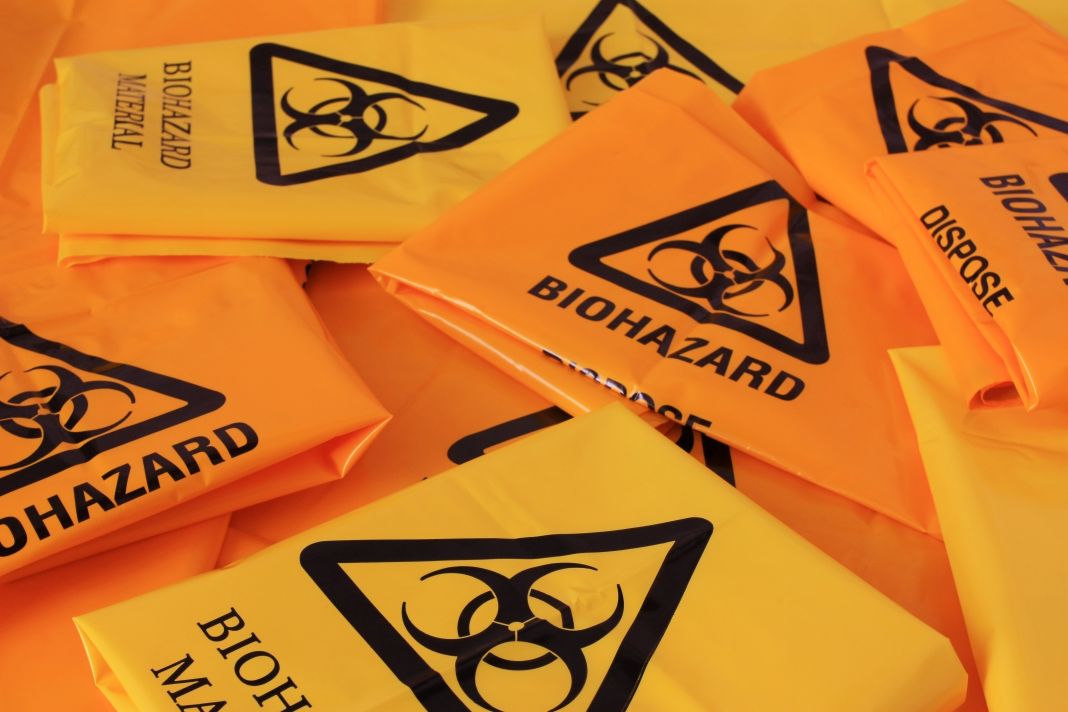Handling Laboratory Specimens
What Is It?
A specimen is any bodily substance taken from a person for analysis, e.g., blood, urine, stool, tissue, and fluid. Specimens can therefore pose a health risk to all employees having contact with them. For this reason, it's essential to apply standard precautions when handling laboratory specimens. 
Procedure For Handling Specimens
Wear disposable medical examination gloves along with any other risk-identified PPE
Ensure the specimen is correctly labelled with resident identifiers, specimen type, date, and time of collection
Urine samples should indicate if they are clean catch, MSU, or catheter specimens
Place in a leak-proof container
Transport the specimen in a leak-proof, zip-lock clear plastic bag with a biohazard label
Place the request form in the outer sleeve of the biohazard specimen bag while maintaining resident confidentiality
Specimens that require refrigeration while waiting for pathology pick-up are to be stored in a designated specimen fridge containing no items other than specimens. Pathology specimens must not be placed in a medication or food storage fridge
The person collecting the specimen is responsible for ensuring that the biohazard specimen bag is sealed on collection.
In case of a spill, any person transporting specimens should know the correct cleaning procedures and safe handling practices.